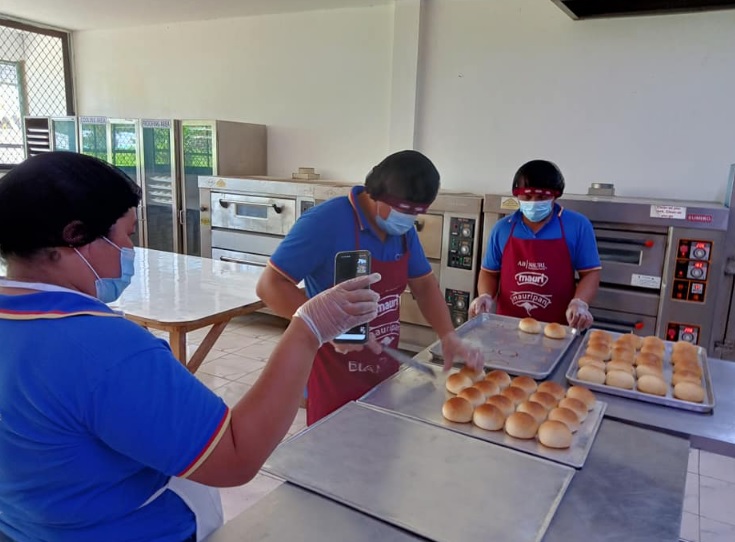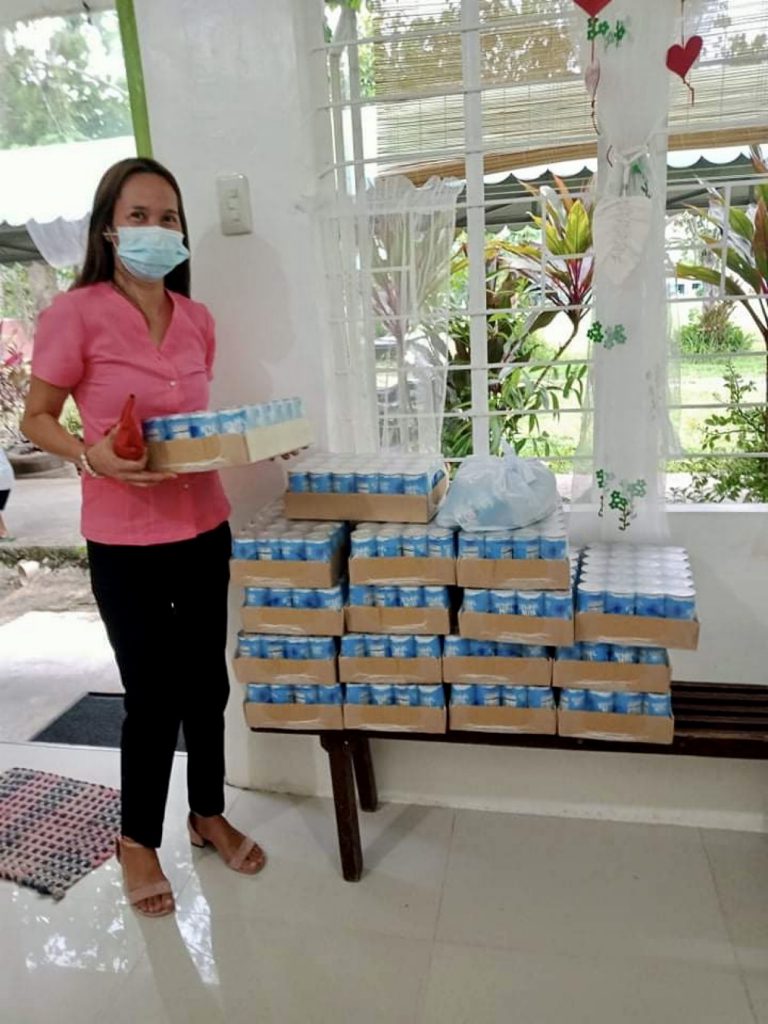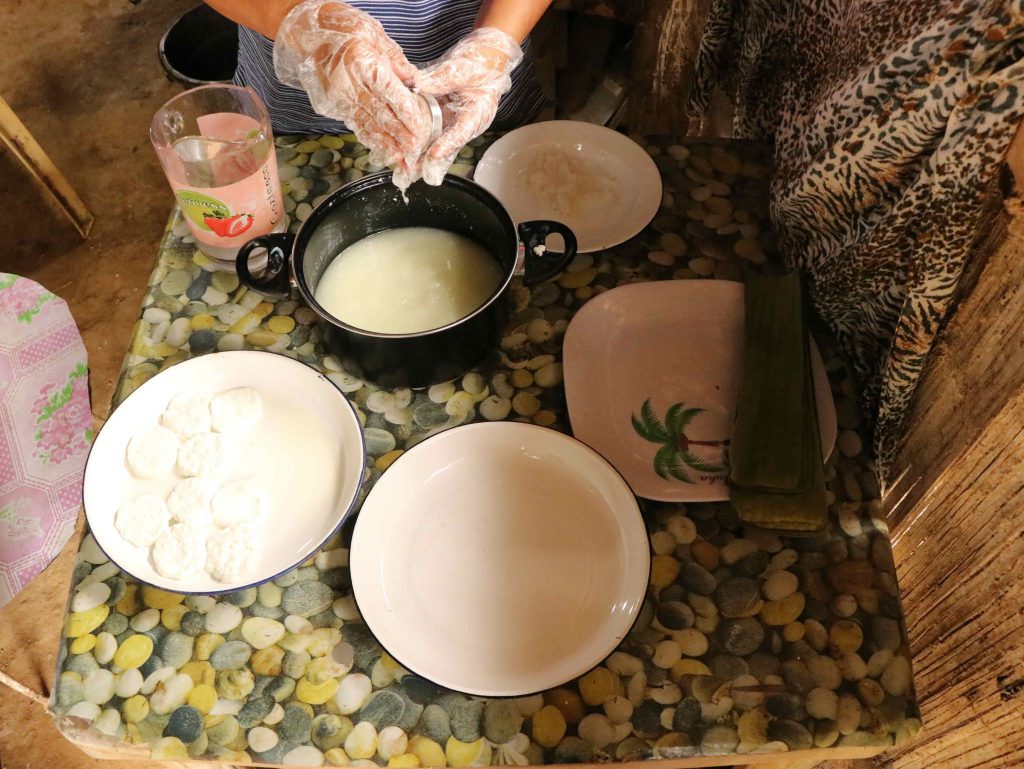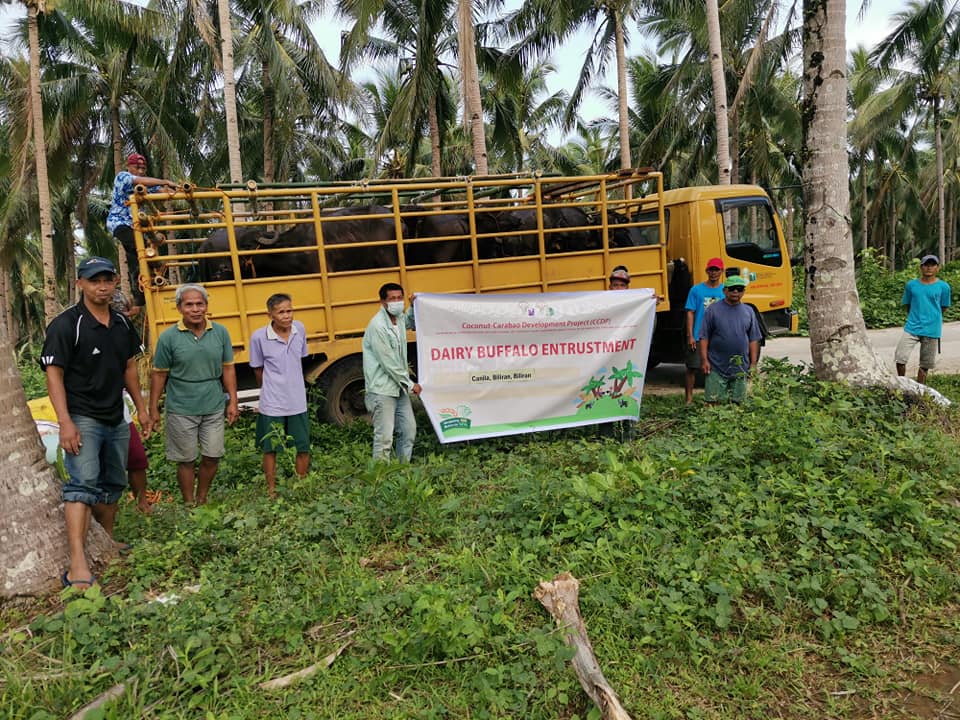DA-PCC conducts a blended approach for Milkybun Production Training

The DA-Philippine Carabao Center (DA-PCC), through the Product Development and Innovation Section (PDIS) and KMD’s Learning Events Coordination Section (LECS), is currently conducting a virtual learning activity on Milkybun Production Training to pre-identified cooperatives by island clusters in coordination with the DA-PCC regional centers. The two-day training employs a blended approach of lecture-discussion, open discussion, […]
Some 4k schoolchildren now benefiting from sterilized canned carabao’s milk

More undernourished children from far-flung and remote areas in Luzon can now benefit from local carabao’s milk following the onset of the distribution of sterilized canned milk with extended shelf life. Piloting the distribution was the Schools Division Office (SDO) of Aurora with 4,568 beneficiaries under the nationwide school-based feeding program (SBFP) led by the […]
DA-PCC incorporates whey in fruit flavored isotonic drink

The DA-Philippine Carabao Center (DA-PCC), through the Product Development and Innovation Section (PDIS), recently reached a milestone in advancing products development by way of incorporating whey into its fruit-flavored isotonic drink. This means whey, which is previously considered as waste, is now put to good use while reducing harm to the environment. The PDIS team […]
Agrarian reform beneficiaries venture into coconut-carabao enterprise

Agrarian reform beneficiaries and small coconut farmers in Biliran have recently ventured in social entrepreneurship by joining the Coconut-Carabao Development Project (CCDP), a joint undertaking of the DA-Philippine Carabao Center (DA-PCC) and DA-Philippine Coconut Authority (DA-PCA). Said venture commenced with the entrustment of 34 head of dairy buffaloes as seed animals to the recipient cooperative […]











